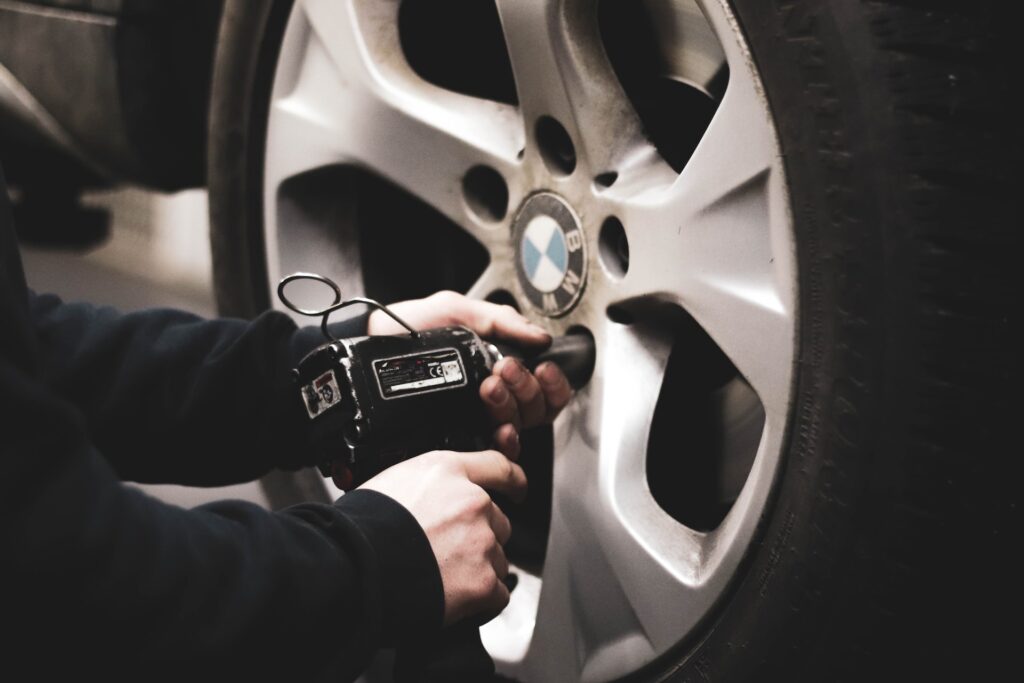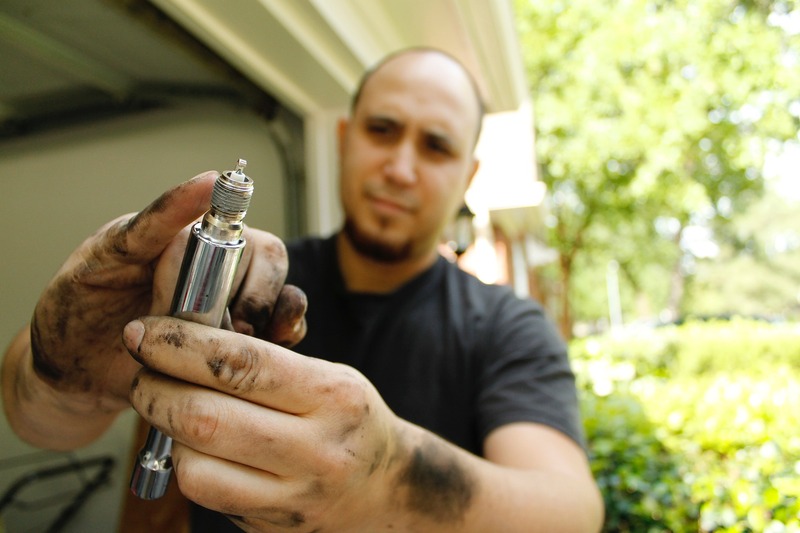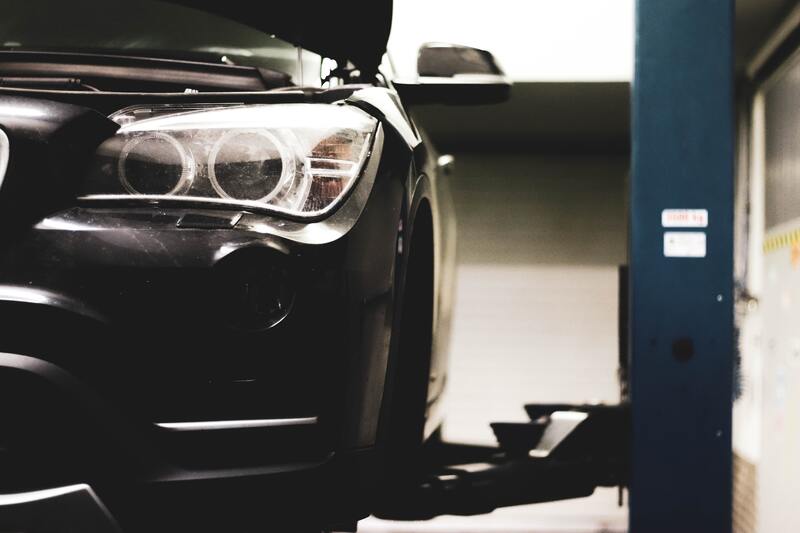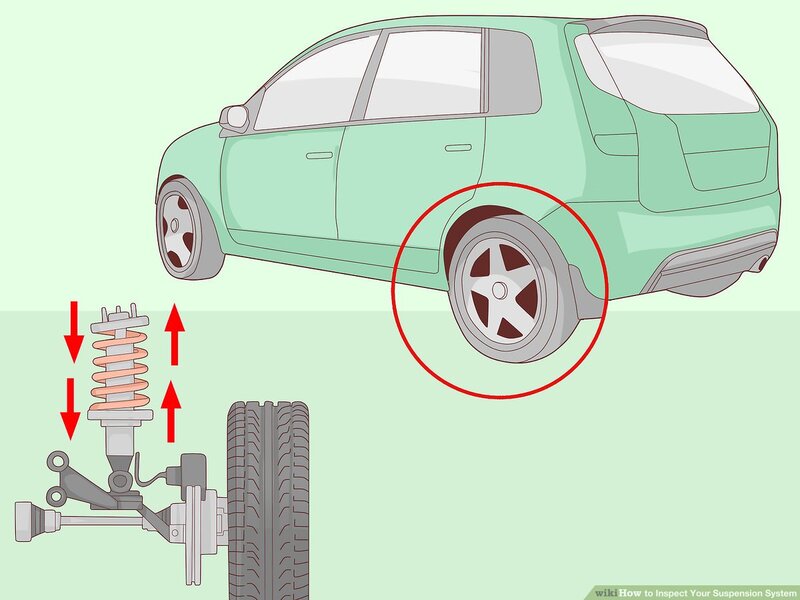Have you ever noticed your car shaking when accelerating? This is a common problem that can have a few different causes. In this post, you will get to know about some of the possible explanations for why your car might be shaking when you hit the gas pedal. I’ll also offer some tips on what you can do to fix the problem. So if your car has been giving you trouble, read on for some helpful advice.
Your Car Shake When Accelerating?
Are you having problems with your car shaking while driving? If so, you’re not alone. Car vibrating when accelerating at high speeds or car shaking when accelerating but not when coasting is one of the most common issues with modern cars. Fortunately, there are some telltale signs that can help you diagnose the problem:
1. Motor Mounts Malfunction
One of the most common symptoms of car shaking at high speed is engine misfire. And when your car’s motor mounts malfunction, engine misfire is a common result.
Troubleshoot
To troubleshoot a misfiring engine, check the motor mounts. If the motor mounts are loose or damaged, they can cause the engine to vibrate and shake, which can lead to misfires.
How to Fix
If you suspect your fuel injectors are faulty and to blame for your engine’s misfires, you can have them professionally cleaned or replaced. This way you’ll ensure your engine is running smoothly and efficiently.
2. Damaged Inner CV Joint
Another common symptom is damaged inner CV joints. The CV joint is responsible for transferring power from the engine to the wheels. It can be damaged by a number of things, including a build-up of dirt and debris. When the CV joint is damaged, it can cause the engine to lose power and fuel efficiency. In some cases, it can also cause the engine to stall.
Troubleshoot
To troubleshoot this problem, you will need to check the inner CV joint for any damage.
How to Fix
If you find any damage, you will need to replace the inner CV joint.
3. Worn Wheel Bearings

If your car vibrates when accelerating at high speed, the possible reason can be worn wheel bearing. It is located in a car’s wheel hub and allows the wheels to run smoothly. Over time, the internal lubricant of the wheel bearing starts leaking and as a result, the wheel bearing stops working properly.
Troubleshoot
The symptoms of worn wheel bearings are a knocking noise when turning, steering problems, and wobbling at high speeds. So check the bearing and replace the bearing if it is worn.
How to Fix
Make sure to follow the manufacturer’s instructions when checking and replacing bearings. If the problem persists, take your vehicle to a qualified technician for further diagnosis and repair.
4. Unbalanced Tires
Unbalanced tires can also cause a car to shake at low or high speeds. This is a common problem, often caused by incorrect tire pressure or tread wear.
Troubleshoot
Check the tire pressure. If the pressure is too low, you may need to add air to the tires. If the pressure is too high, you may need to let some air out of the tires. You should also check the tread wear on the tires.
How to Fix
If the tread is worn down, you may need to replace the tires. Finally, if you still have the problem, you may need to take your car to a mechanic for further diagnosis and repairs.
5. Poor Spark Plugs

This can be caused by a number of factors, including a build-up of deposits on the plugs, a faulty ignition system, or simply worn-out plugs.
Troubleshoot
Check all of the components of the ignition system. This includes the spark plugs, the wires, and the coil. If any of these components are damaged or worn out, they need to be replaced.
How to Fix
It is essential to clean any deposits from the spark plugs. This can be done with a wire brush or by using a commercial cleaner. If the problem persists, it might need to be replaced.
6. Looseness in Suspension or Steering System
Suddenly you notice while driving that your steering is pulling to one side. In this situation, you need to tighten the nut and bolts.
Troubleshoot
If you notice that your car is starting to wander or the steering feels loose, it’s important to have the problem checked out by a qualified mechanic.
How to Fix
In most cases, the fix is simple and can be done relatively cheaply. However, if the problem is more severe, it may require a complete replacement of the injector.
7. Failed Brake Caliper
A brake caliper is a vital component of the braking system, and when it fails, it can cause a number of problems. When this happens, brake fluid can leak into the engine, causing the injectors to fail.
Troubleshoot
Inspect your brake system regularly. If you see corrosion, dirt build-up, loose guide pins or leak inside, the caliper is going to fail eventually.
How to fix
You can lubricate the brake system or remove the pads and apply a little amount of grease on the edges. If the problem still persists, ask for professional help.
8. Steering Wheel Feels Wobbly

Wobbly steering wheel is caused by damaged wheel bearings, tie rod ends, or ball joints.
Troubleshoot
The best way to troubleshoot this problem is to take your car to a mechanic and have them check the injectors. In most cases, they will be able to clean or replace the injectors, which should fix the problem.
How to Fix
Keep balance in tires, maintain alignment in wheels, fix wheel bearings, replace worn suspension parts and fix brake issues and serious disc overheating problems to keep the steering wheel steady.
9. Suspension Issues

Car suspension system is required to test every 2 to 3 years. Otherwise, it might be damaged the other connected parts of the cars.
Troubleshoot
Feeling excessive bumps, difficulty in turning and wheels loose alignment are the issue or problems of car suspension.
How to Fix
After identifying the exact issue of suspension and alignment issues that need to be fixed by balancing the wheel alignment, just find the nearest shop for alignment. These suspension issues cannot be solved without proper equipment so, it would be suggested to go to the garage.
10. Bad Fuel Pump
Many car owners are familiar with the dreaded check engine light. Often, this is caused by a faulty sensor or an emissions control problem. However, it can also be caused by a bad fuel injector.
Troubleshoot
First, check the air filter. A dirty air filter can restrict airflow to the engine, causing the engine to run lean and triggering the check engine light. Second, check the fuel pressure. A drop in fuel pressure can indicate a problem with the fuel pump or a clogged fuel filter. Finally, have the engine scanned for codes. This will help identify which cylinder is misfiring and whether the problem is with the injector or another component.
How to Fix
If you find that your car has a bad fuel injector, it is important to have it replaced as soon as possible.
Do You Often Hear a Clunking Noise When Accelerating and Decelerating?
One of the most common car problems is a clunking noise when accelerating and decelerating. This can be caused by a variety of issues, ranging from loose parts to worn-out brakes. If the noise is accompanied by other symptoms, such as vibrations or a loss of power, it may indicate a more serious issue. If you notice any unusual sounds or behavior while driving, have your car checked by a qualified mechanic. Otherwise, you could be putting yourself at risk of a breakdown or accident.
Final thoughts
If you are experiencing any of the symptoms while driving your car, it is best to take the car in for a diagnosis as soon as possible. The sooner you address the issue, the less damage will be done and the cheaper it will likely be to repair.
FAQs
1. Can low oil cause cars to shake when accelerating?
Low oil can cause cars to shake when accelerating if it’s low enough, but it’s more likely that there’s a problem with the engine or another component if the car is shaking at high speeds.
2. Is it safe to drive when your car is shaking?
It depends. If your car is shaking because you’re driving on a bumpy road, then it’s safe to drive. However, if your car is shaking because it needs an oil change or some other repair, then it’s not safe to drive and you should take it to a mechanic.
3. Why is my car shaking when I give it gas?
It may be due to a number of reasons, including a low fuel level, dirty or clogged fuel injectors, bad spark plugs, or a faulty oxygen sensor.
